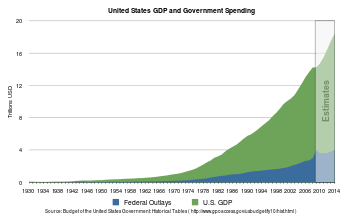
Let me alert you to three facts:
Fact #1: Donald Trump has a ceiling of support among Republican primary voters.
Fact #2: While it’s hard to tell exactly how high that ceiling is, it’s almost certainly short of an absolute majority in any state.
Fact #3: The Republican National Committee’s 2016 rules require state and territorial Republican parties holding primaries and caucuses prior to March 15, 2016 — that’s 29 of them — to allocate delegates proportionally rather than in “winner take all” schemes.
Assuming Trump remains in the race for his party’s presidential nomination, he will almost certainly arrive at the GOP national convention without enough delegates to win on the first ballot. Which means the Republican Party faces the prospect of a busted (party poo-bahs prefer the term “brokered”) convention.
Party establishments generally view that prospect with horror, and who can blame them? In 1924, the Democratic National Convention voted 103 times before coming up with a nominee. The parties have massaged their convention rules over the decades to turn the end phase of their nomination processes into convivial coronations. The last true major party “brokered convention” happened to the Democrats in 1952, although the GOP came close in 1976.
But while busted conventions almost certainly bode ill for parties in the short term — that is, the particular election cycles in which they take place — they’re actually a great thing for both the parties and the public in the long term.
When George Wallace, whom I’m otherwise no fan of, asserted in 1968 that “there’s not a dime’s worth of difference between the Republicans and Democrats,” he was uttering a truism that has only become more true in the 48 years since.
Over time, the Republicans and Democrats have come to take for granted their ability to stack up constituencies and, whether those constituencies consider themselves well-represented or not, get the vote out to win elections. After all, where else do those constituencies — of particular interest to me, civil libertarian Democrats and economic libertarian Republicans — have to go?
It’s about time American political parties started having real debates again instead of just stacking hostage constituencies and handing out favors to the people who can deliver those constituencies.
And hey, no time like the present. Since the Republicans seem determined to lose the 2016 presidential election anyway, why not turn that loss into an opportunity?
Thomas L. Knapp is director and senior news analyst at the William Lloyd Garrison Center for Libertarian Advocacy Journalism (thegarrisoncenter.org). He lives and works in north central Florida.
PUBLICATION/CITATION HISTORY
- “Election 2016: Busted Ain’t Such a Bad Thing,” by Thomas L. Knapp, Ventura County, California Citizens Journal, 12/22/15


